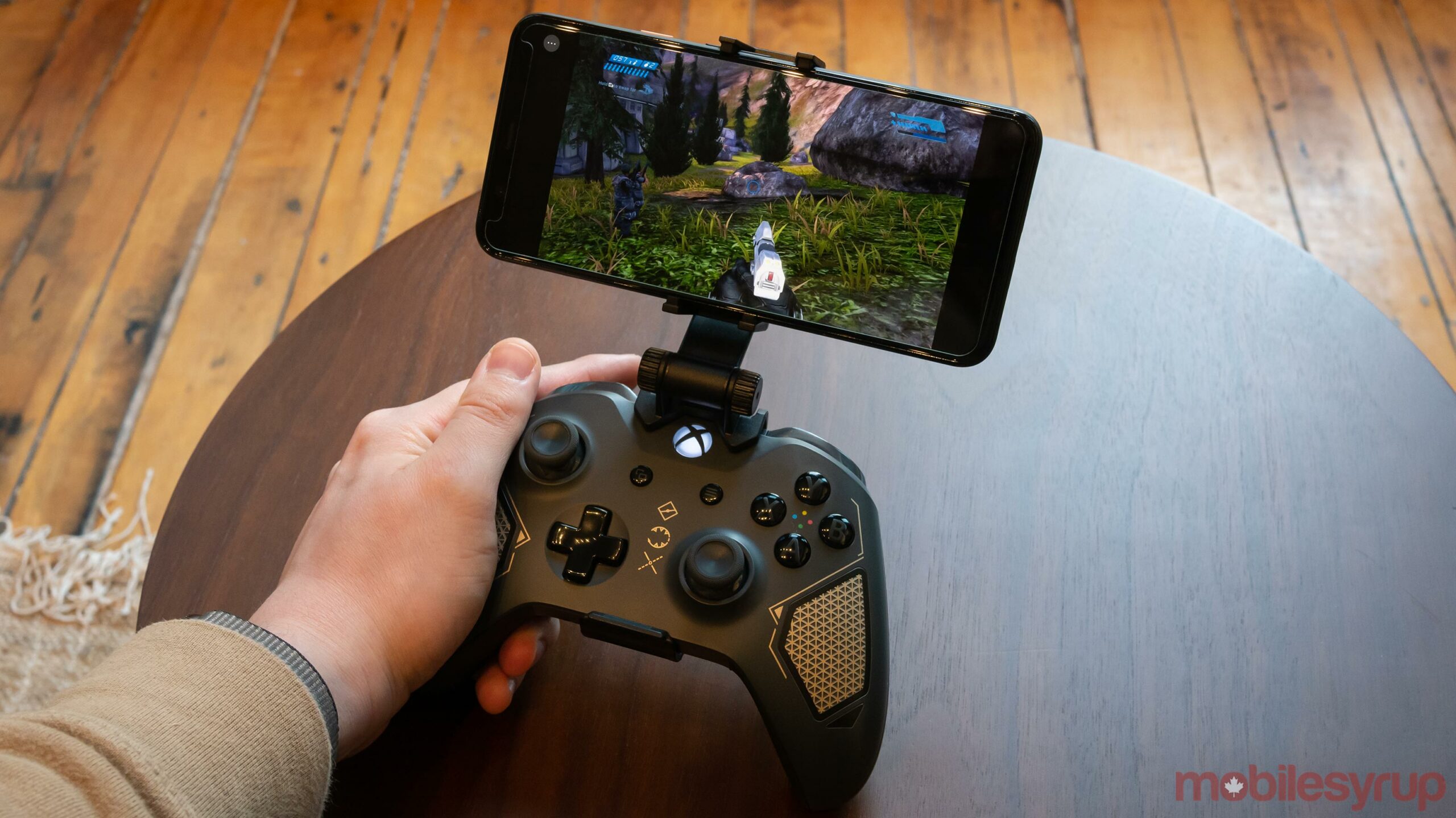
During the ongoing Epic v. Apple trial, Microsoft testified in court about its conflict with the iPhone maker over bringing its Xbox Game Pass’ game streaming feature (Cloud gaming, formerly known as xCloud) to iOS.
In the past, Apple has stated that a service like Game Pass — which offers a catalogue of more than one hundred games for a single monthly fee — circumvents its App Store rules, which require titles to be reviewed individually and be subject to a 30 percent cut.
However, Lori Wright, Microsoft’s business development head, explained in court that Microsoft pointed out to Apple that Netflix, Shadow, and other similar “interactive” services were permitted on the App Store. Microsoft noted that Apple doesn’t review each movie or show in a service like Netflix, so it doesn’t make sense that Game Pass would be different.
“We were showing two examples where a game or an application was able to exist, and we didn’t understand why we couldn’t,” said Wright in court. “I believe they [Apple] ended up pulling Shadow out of the App Store based off this email we sent until they submitted changes. That was not our intention of course, it was a byproduct.”
It should be noted, however, that Shadow’s removal wasn’t permanent. Apple said Shadow was taken down once last year for failing to comply with its rules, while Shadow itself noted that a second removal came “due to a misunderstanding” surrounding the nature of the app.
Wright said Microsoft also proposed various financial arrangements and technical fixes to give Apple a cut of Game Pass revenue on iOS, but the Cupertino, California-based tech giant ultimately declined.
In the end, Microsoft had to bring Cloud gaming to iOS via browsers. Wright said Microsoft “had to start from scratch and put in “a lot of work” to achieve this. She added that “the challenge is people don’t play games over browser on the iPhone,” as “all the gameplay is through the App Store.”
Apple, in response, said the Cloud gaming experience on Safari browsers was “super-solid” and “remarkably polished.” It also said it provided free developer support to Microsoft to get Cloud gaming up and running on Safari.
Apple also went on to allege that Microsoft is being hypocritical and monopolistic regarding app marketplace revenue splits, since both the App Store and Xbox store — as well as PlayStation and Nintendo’s respective digital shops — take a 30 percent cut. While Microsoft recently announced plans to reduce it PC revenue take to 12 percent, it said it has no plans to do the same on Xbox.
However, Wright disputed this notion, arguing that PCs are “general-purpose” devices like an iPhone while Xbox and other consoles are “special-purpose.” She said this means that PCs have a variety of uses outside of gaming and, therefore, have multiple marketplaces, like Steam, the Epic Games Store and the Microsoft Store.
Consoles, however, are used specifically for games, she said, and the 30 percent cut is required to make back the costs of the console. Wright noted that Microsoft has always sold Xbox hardware at a loss with the understanding that revenue from software and services is how it will ultimately make the money back.
Apple responded by arguing that consoles have multiple uses as well since they offer media apps like Netflix, Disney+, Spotify and more. Wright, in turn, noted that people don’t buy a console for these apps and stressed that the differences between iPhone and Xbox are based on “how they’re used and how many people they reach.”
The Epic v. Apple trial will continue for two more weeks.
Via: Ars Technica
MobileSyrup may earn a commission from purchases made via our links, which helps fund the journalism we provide free on our website. These links do not influence our editorial content. Support us here.


